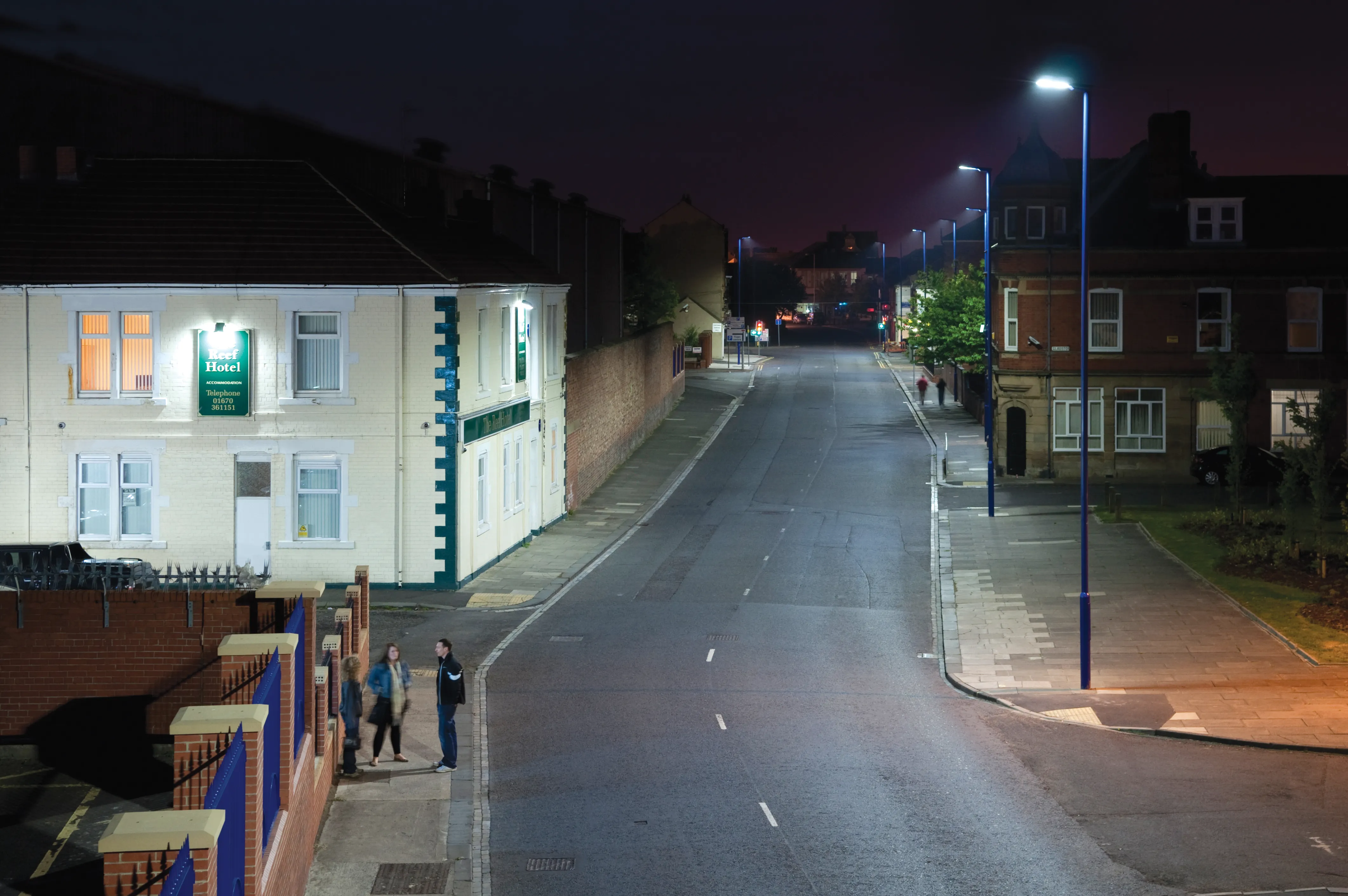Philips has partnered with Northumberland County Council in the UK to provide a low maintenance lighting solution that produces high quality white light. Northumberland County Council required a low maintenance solution that was environmentally friendly and could serve a diverse environment.
Philips was able to provide an LED solution that improved light quality at night, whilst also reducing maintenance costs and time. Philips’ SpeedStar luminaire, incorporating LEDGINE Greenline, was used for this pro
February 15, 2012
Read time: 2 mins

County Council required a low maintenance solution that was environmentally friendly and could serve a diverse environment.
Philips was able to provide an LED solution that improved light quality at night, whilst also reducing maintenance costs and time. Philips’ SpeedStar luminaire, incorporating LEDGINE Greenline, was used for this project. This combines an innovative carbon neutral design with a long lifetime of 60,000 hours, while providing major savings through reduced maintenance. The SpeedStar luminaire is said to benefit from excellent lighting levels. Its white light, perceived as being brighter and more natural when compared to yellow light, increases visibility for motorists and pedestrians, boosting safety. Philips tailored the project’s installations to meet the requirements of a coastal location. To protect these, Philips used an IPX700 marine grade coating on all new columns.









